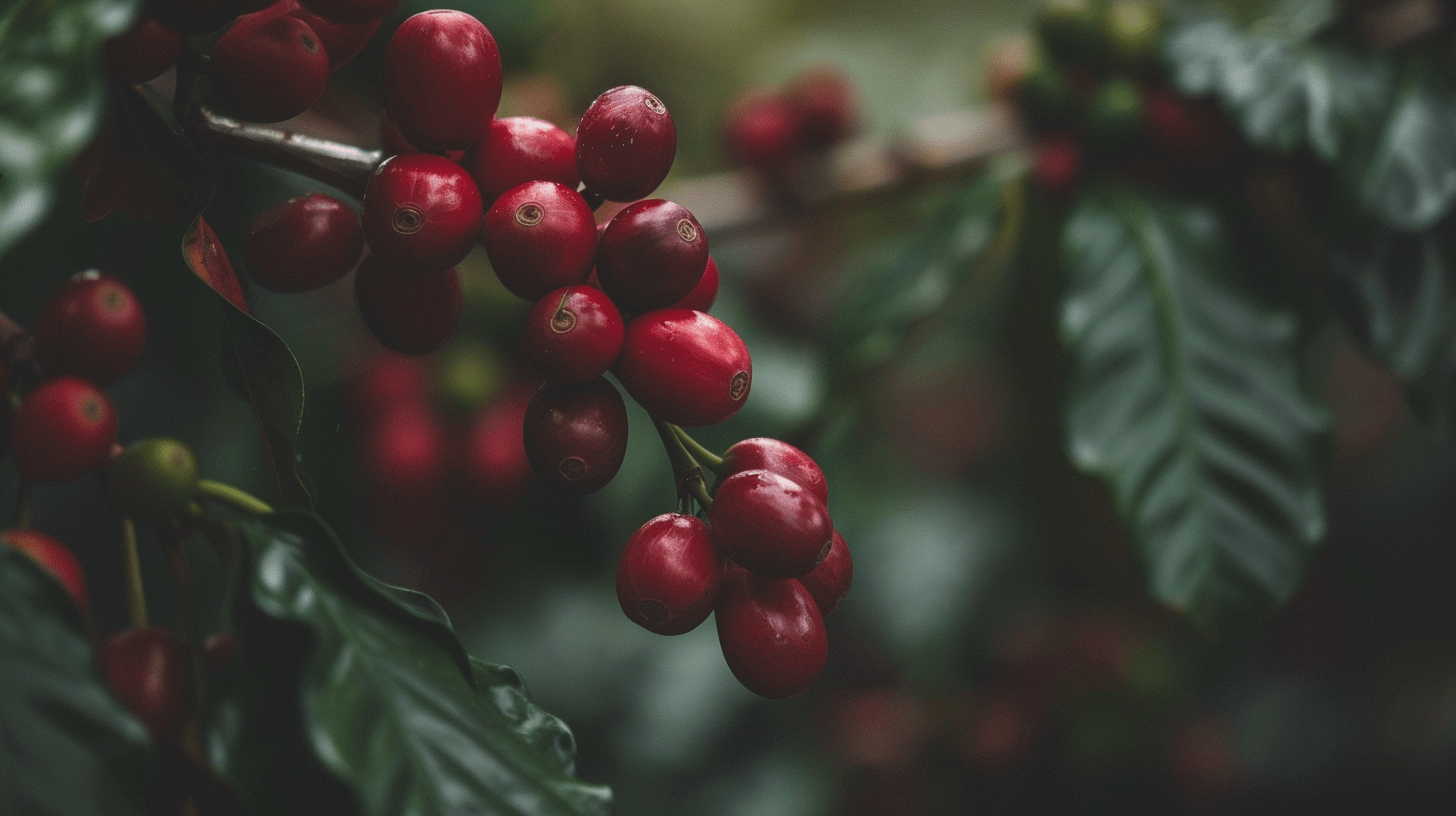Exploring the Hidden Sustainable Benefits of Specialty Coffee
This challenge explores the sustainable and social benefits of specialty coffee, from micro-lot farming to community initiatives, highlighting its impact on the environment and livelihoods.

What is Specialty Coffee?
Specialty coffee isn’t just about taste—it’s about quality in every sip. Scored on attributes like aroma, flavor, and body, each cup is crafted to meet high standards set by the Specialty Coffee Association. Here’s what makes specialty coffee truly special.
Grading Specialty Coffee
Specialty coffee refers to coffee that scores 80 points or higher on the Specialty Coffee Association's (SCA) 100-point scale, setting it apart from other types of coffee due to its superior quality.

This 100-point scale is a detailed evaluation system that assesses essential attributes such as aroma, flavor, aftertaste, acidity, body, balance, sweetness, cleanliness, and uniformity. Each attribute is scored to reflect the coffee’s excellence, with scores of 80 and above marking an exceptional quality standard.
Breaking Down the Specialty Coffee Attributes
Specialty coffee’s high score is built on a balanced combination of attributes:
- Aroma: The initial sensory experience, aroma is scored for richness and complexity, setting the stage for the coffee’s unique character.
- Flavor: Flavor encompasses the full range of tastes detected in the cup, from fruity and floral to nutty or chocolatey notes.
- Aftertaste: Aftertaste measures the lingering flavors that remain once the coffee is swallowed, contributing to a lasting impression.
- Acidity: Often described as brightness, acidity adds vibrancy to the coffee, enhancing the flavor experience.
- Body: This refers to the coffee’s mouthfeel, whether it’s silky, creamy, or full, adding to the coffee’s textural complexity.
- Balance: Balance assesses how well these different attributes work together, creating a harmonious flavor profile.
- Cleanliness and Uniformity: Cleanliness reflects the purity of flavors without defects, while uniformity ensures consistency throughout the batch.
Growing Conditions for Specialty Coffee
Specialty coffee thrives in specific growing conditions, often at altitudes above 1800 meters, where cooler temperatures and nutrient-rich soils enhance the beans’ flavor. Careful hand-picking at peak ripeness, meticulous processing, and small-batch roasting ensure that each cup maintains this high level of quality.
These ideal growing conditions, combined with artisanal production methods, yield a coffee that stands out for both its quality and its commitment to sustainability.
Specialty Coffee vs. Organic or Premium Coffee
While premium coffee may emphasize high-quality beans and organic coffee is known for chemical-free farming practices, specialty coffee encompasses both these qualities along with a stronger focus on ethical sourcing and sustainable farming. This holistic approach not only highlights quality but also supports environmentally responsible production and fair labor practices.
Why Specialty Coffee is Pricier
The unique attributes and production methods of specialty coffee contribute to its higher price:
- Selective Harvesting: Specialty coffee beans are hand-picked at their peak ripeness, a labor-intensive and time-consuming process.
- Small-Batch Processing and Roasting: By processing and roasting in smaller batches, producers can control quality and bring out nuanced flavors, but these methods require more time and skill.
- Rigorous Quality Control: Specialty coffee undergoes strict grading and cupping by certified Q graders, who evaluate each attribute on the 100-point scale, ensuring the coffee meets exacting flavor standards.
- Sustainability Practices: Organic farming, water conservation, and fair wages further add to production costs, reflecting a commitment to ethical practices.
A Sustainable and Ethical Choice
With its combination of quality and ethical practices, specialty coffee offers a rewarding experience for both producers and consumers. Sustainability practices such as organic farming, water conservation, and fair wages raise production costs but also promote a more sustainable and transparent coffee industry. This commitment to quality, transparency, and environmental stewardship makes specialty coffee a preferred choice for those who value both flavor and ethics in their coffee journey.